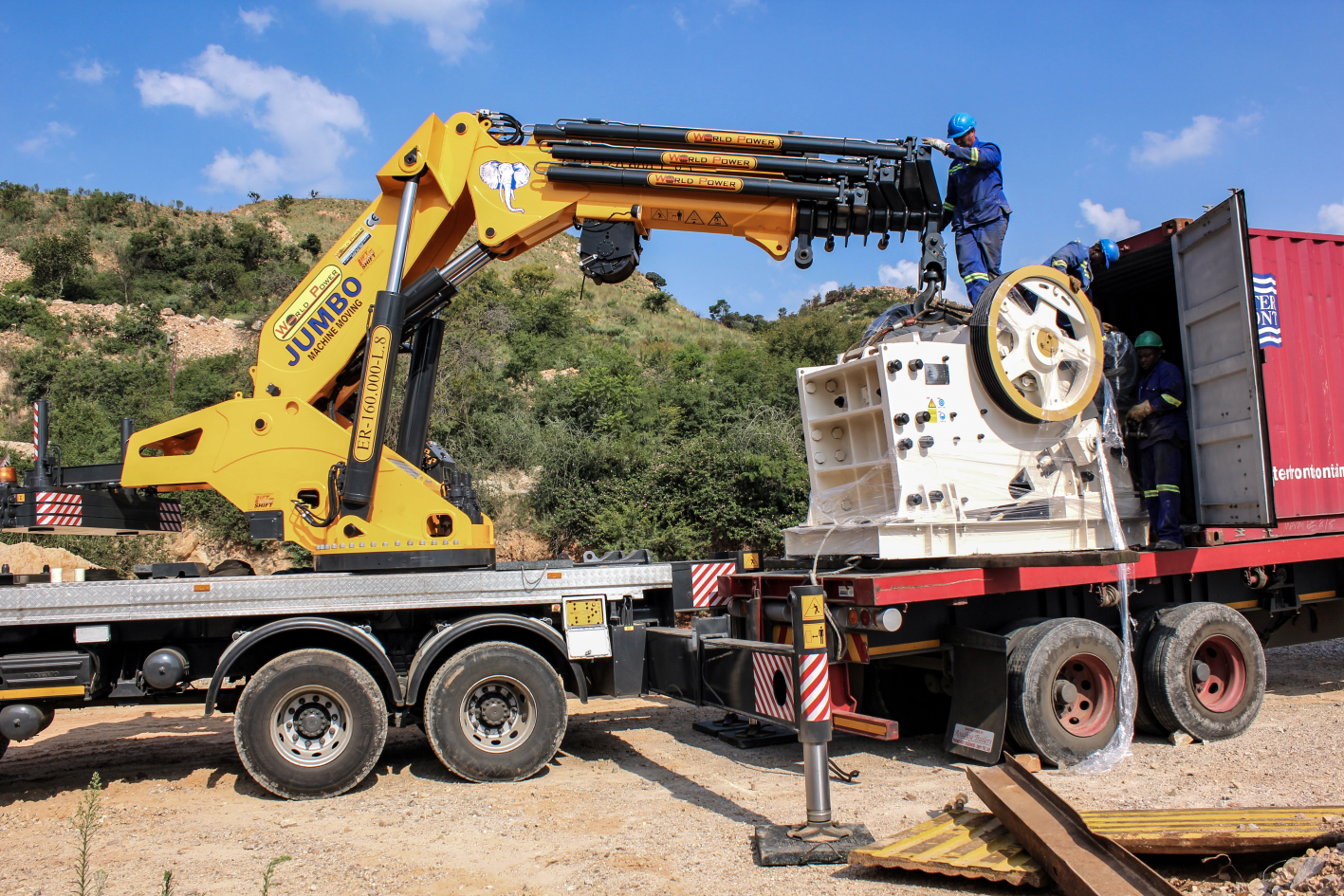The factors to choose a crusher during iron ore processing
Iron ore processing is a critical step in the steel production process, and selecting the right crusher is essential to ensure the efficiency and productivity of the entire operation. The type of crusher chosen greatly influences the quality of the final product, as well as the cost and energy consumption of the processing plant. Let's discuss the factors when choosing a crusher for iron ore processing.
Understanding the Ore Characteristics:
Before selecting a crusher, it is crucial to thoroughly understand the characteristics of the iron ore being processed. Factors such as hardness, abrasiveness, moisture content, and particle size distribution play a significant role in determining the type of crusher that will be most effective.
Crusher Types for Iron Ore Processing:
Jaw Crusher: Ideal for primary crushing, jaw crushers are known for their reliability and high capacity. They are suitable for hard and abrasive materials, making them a good choice for initial crushing stages.

Gyratory Crusher: Often used in primary crushing, gyratory crushers offer high throughput and are well-suited for large-scale operations. They excel in handling hard and abrasive ores.
Cone Crusher: Suitable for secondary and tertiary crushing, cone crushers are versatile and can handle various types of iron ore. They are known for their efficiency and ease of maintenance.Impact Crusher: Ideal for shaping and producing fine materials, impact crushers are effective in reducing soft to medium-hard ores. They are suitable for both primary and secondary crushing.
Capacity and Throughput:
Consider the required processing capacity and throughput of the crusher. A crusher with higher capacity is essential for large-scale iron ore processing plants. Evaluate the production demands and choose a crusher that can meet or exceed those requirements to avoid bottlenecks in the production process.Energy Efficiency:
Energy consumption is a critical factor in the overall operational cost of a processing plant. Select a crusher that balances high efficiency with low energy consumption. Modern crushers often come with advanced technologies, such as variable speed drives and automation features, to optimize energy usage.
Maintenance and Operating Costs:
Assess the maintenance requirements and operating costs associated with each type of crusher. Consider ease of access for maintenance tasks, availability of spare parts, and overall reliability. A well-maintained crusher can significantly contribute to the longevity of the processing plant.
Environmental Considerations:
Evaluate the environmental impact of the chosen crusher. Some crushers are designed with features to minimize dust generation and noise levels, contributing to a healthier and more sustainable working environment.
Feasibility Studies and Pilot Testing:
Before making a final decision, conduct feasibility studies and pilot testing with different types of crushers to assess their performance in the specific iron ore processing application. This will provide valuable data to inform the selection process.
Choosing the right crusher for iron ore processing is a crucial decision that influences the efficiency, productivity, and overall success of a processing plant. By carefully considering ore characteristics, capacity requirements, energy efficiency, maintenance, and environmental factors, operators can make informed decisions to ensure optimal performance and long-term success in iron ore processing.
Hot News
Recommended Case
- 550TPH Granite Aggregates Production Line in Henan
- 450TPH Limestone Gravel Production Line in Mexico
- 300TPH Feldspar Gravel and Sand Production Line in Gansu
- 200TPH Basalt Aggregate Production Line in Sri Lanka
- 300TPH Coal Gangue Crushing Production Line in Colombia
- 180TPH Waste Rock Crushing Production Line in Australia